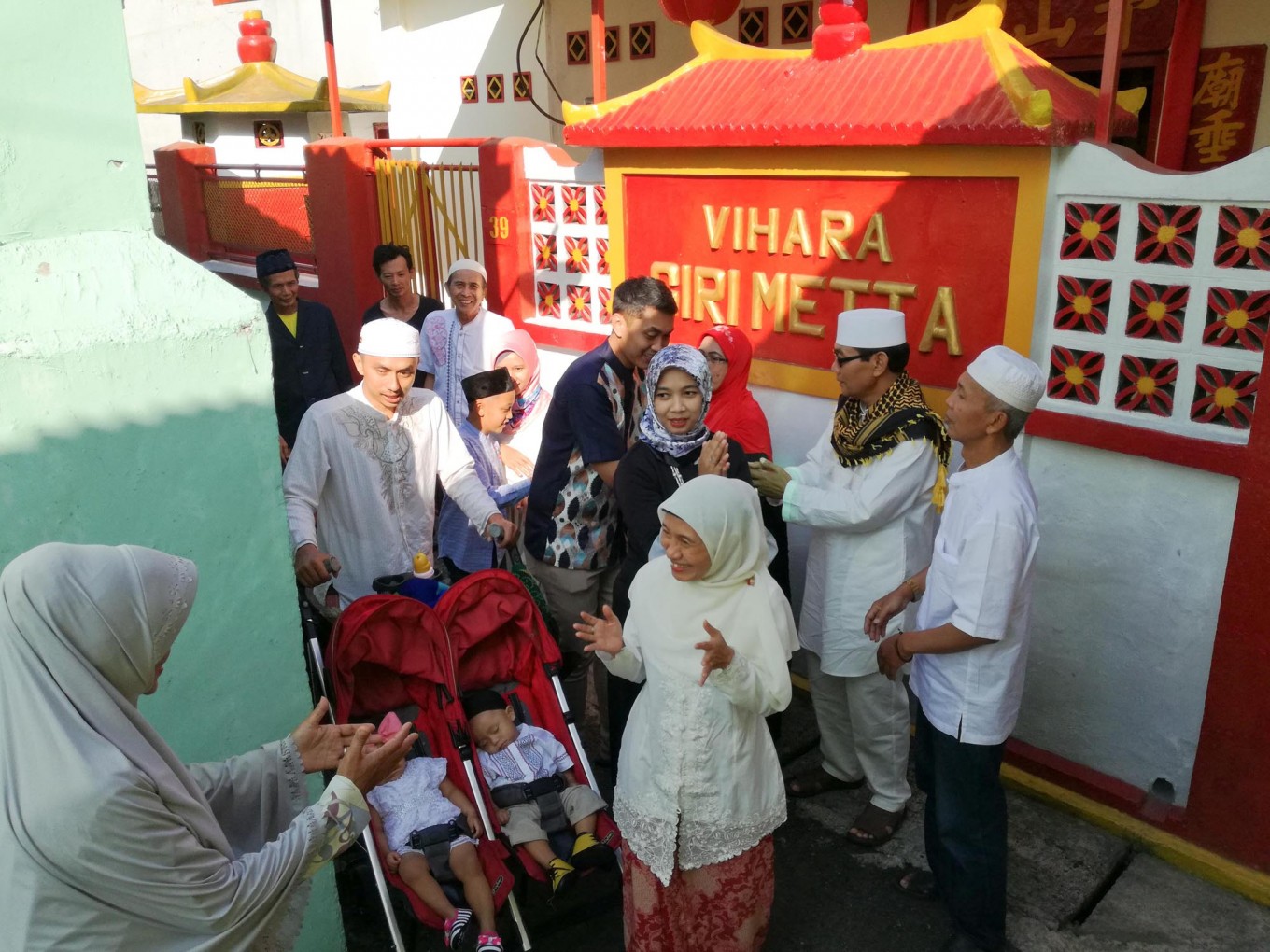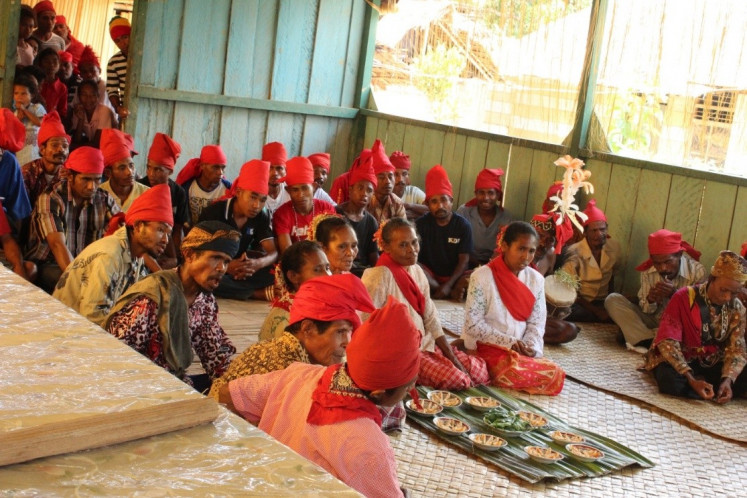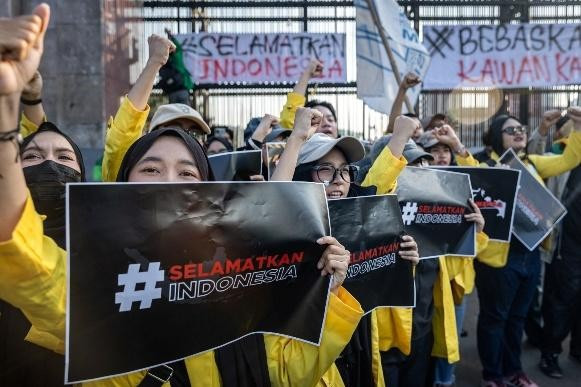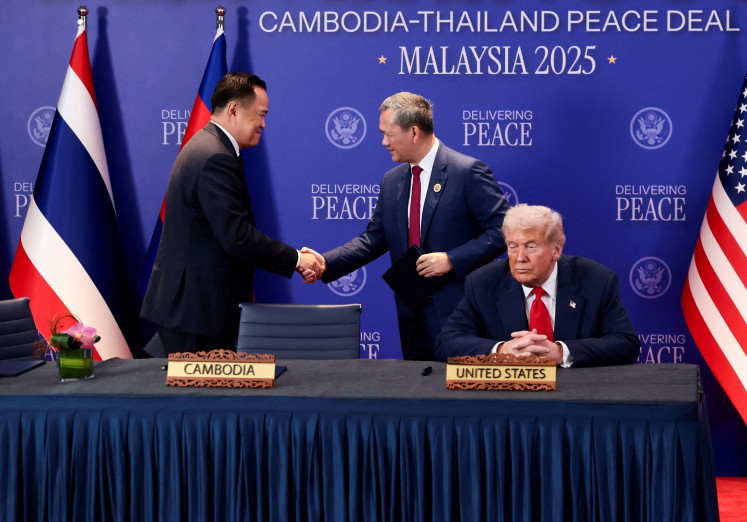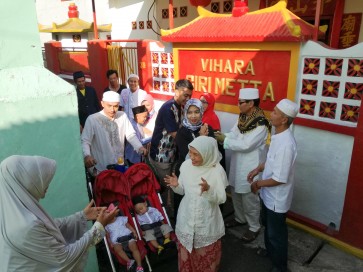Popular Reads
Top Results
Can't find what you're looking for?
View all search resultsPopular Reads
Top Results
Can't find what you're looking for?
View all search resultsRejecting intolerance, nurturing Indonesia
Intolerance has increased among unexpected groups — the highly educated and even children.
Change text size
Gift Premium Articles
to Anyone
I
ssues of tolerance and intolerance are crucial as we have the possibility of living together in diversity. Intolerance has increased among unexpected groups — the highly educated and even children.
Unlike natural diversity like skin color, cultural pluralism reflects a uniquely human capacity, that of free will. Humans are not rocks, iron or trees who submit to natural laws. Humans are free.
However, the reality becomes complex with intricate interweaving between what is natural and what is cultural; there is always something new. There is no monolithic cultural and religious tradition.
It is this reality that made our Proclamation of Independence both a political and cultural event — politically through the administrative transfer of the Dutch East Indies to the unitary Republic; and culturally through the transformation of life within tribes, believers, local cultures and local power structures, to life under a single citizenry.
Indonesianness means the equality of each citizen and equal rights in national politics. Differences regarding ethnicity, faith, culture and other issues are managed within a civic framework. “Civic” here refers to faith, commitment, capability and the attitude and actions of everyone as citizens.
Religion also manages collective living; but its motivations differ from that of civic principles. Civic considerations result in norms and virtues — which can also be traced to religious teachings, but which validity in managing public interest is independent of belief in the supranatural.
Tension arises when structural demands are raised within the civic framework, regarding the role of religion in public discourse. These include the right to form communities in line with religious aspirations, rights to sharia and accommodation of other special interests of religious groups.

